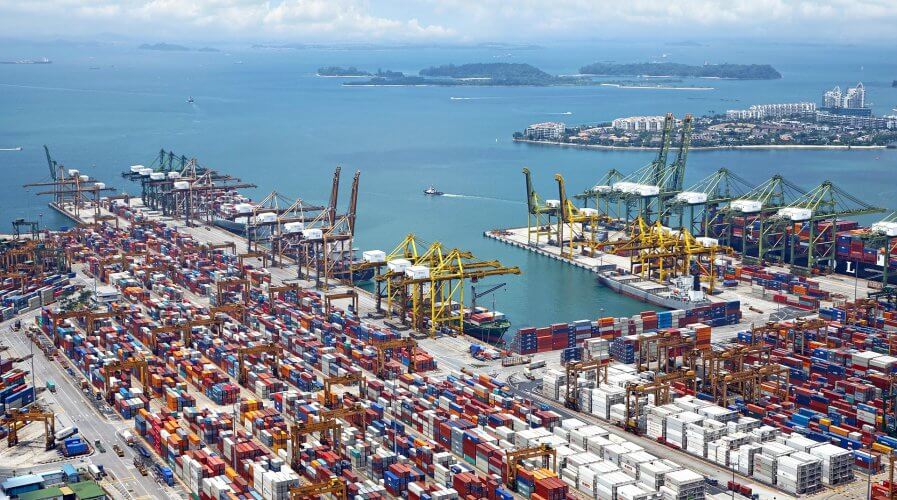
Cross border trading between Malaysia ad Thailand is about to get easier and more reliable. Source: Pixabay
Making inroads to Thailand with better trade logistics
TRADING with Thailand is about to get a lot easier. Especially for Malaysian SMEs looking to expand their online business across the region, logistics will soon be more seamless.
Logistics and warehousing are two key aspects for facilitating cross-border trade. However, they remain a hindrance especially for SMEs, as deliveries remain slow and unreliable.
Through Malaysia’s Digital Free Trade Zone (DFTZ) B2C Export program, Commerce.Asia aims to reduce delays and uncertainties often faced by e-commerce merchants. Using Thailand as a first step to expanding the trade network, the company will be partnering with two Thailand technology enablers for easier movements of goods.
For most e-commerce merchants, timing is a crucial factor for repeat customers. E-commerce customers often want goods delivered quickly, undamaged, and at best value for money. However, that isn’t always possible for small companies that do not make bulk exports, unlike multinational corporations.
The partnership will see Thailand-based Shippop provide support for companies globally looking to export goods to Thailand and Malaysia. Shippop connects online merchants with logistics providers to manage their parcel deliveries across borders.
Another partnership will see Thailand’s Siam Outlet and Malaysia’s Letmestore help merchants manage the packing and storing of products in a cost-effective manner. The proprietary Intelligent Fulfilment Platform covers importing, packaging and delivery, with real-time ability to allocate stock availability in Malaysia and Thailand.
Commerce.Asia brings all this together on a one-stop platform Commerce.Asia Enterprise. The company helps SMEs move their businesses online. That includes building the online store, payment gateway, inventory & warehousing, shipping and delivery, social media marketing and order management. It also provides services for marketing and managing merchant’s products across 6 local and 4 global marketplaces.
Ganesh Kumar Bangah, the Executive Chairman and founder of Commerce.Asia said, “Thailand is a significant market for us to target. The e-commerce market in Thailand was valued at USD2.9 billion in 2017. On average a user spent USD243 per person last year (there are 12.1 million registered e-commerce users in Thailand). By 2021, average user spending is expected to increase to USD382 as revenue is targeted to increase to USD5.3 billion.”
Commerce.Asia has created packages targeting micro SMEs and SMEs looking to expand their business across the region. Thailand is the first target country, with others to follow.
DFTZ is an initiative managed by the Malaysia Digital Economy Corporation (MDEC).
READ MORE
- Ethical AI: The renewed importance of safeguarding data and customer privacy in Generative AI applications
- How Japan balances AI-driven opportunities with cybersecurity needs
- Deploying SASE: Benchmarking your approach
- Insurance everywhere all at once: the digital transformation of the APAC insurance industry
- Google parent Alphabet eyes HubSpot: A potential acquisition shaping the future of CRM


